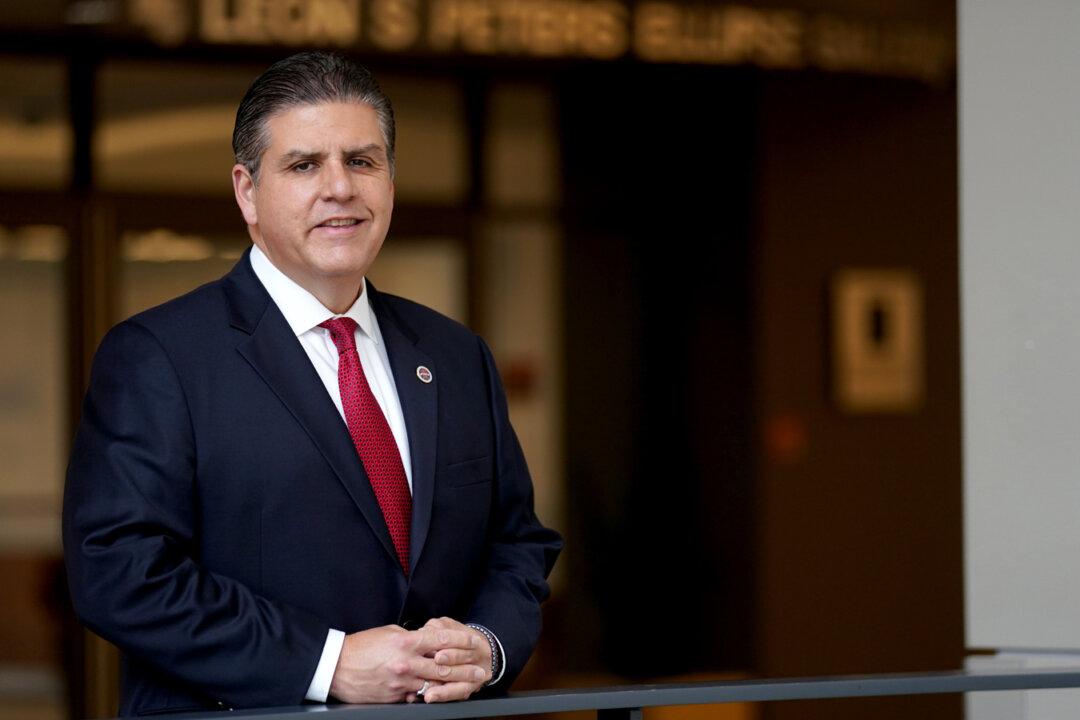LONG BEACH, Calif.—California State University (CSU) Chancellor Joseph Castro resigned Feb. 18, coinciding with a closed-door meeting to discuss policies related to sexual harassment, following questions about how Castro handled complaints against an administrator while he was president of Fresno State University.
The resignation takes effect immediately. A succession plan to replace Castro is being finalized by the Board of Trustees. Executive Vice Chancellor and Chief Financial Officer Steve Relyea will serve as acting chancellor until an interim chancellor is selected for the Long Beach-based system.





